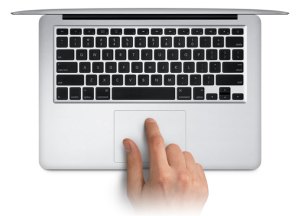
The Manhattan District Attorney has announced indictments against 27 people connected with a cybercrime gang dubbed “S3,” who have used compromised bank accounts to purchase Apple products from around the United States, transport them back to New York, and sell them for profit. The charges cover 57 counts in what the district attorney is classing two separate conspiracies: 48 counts in the first that ran from June 2008 through December 2010, and nine more on a second conspiracy (run by a gang member who went solo) that ran from September to December 2010.
Raids conducted earlier this week netted some $300,000 in cash, gear to make fake credit cards, along with firearms and ammunition.
“This case demonstrates the dangers of organized computer crime,” said Manhattan District Attorney Vance. “Today, we have effectively dismantled a significant criminal operation that preyed upon innocent victims around the world. By working with our partners in law enforcement, we will continue to use all available tools to root out cybercrime in New York City and beyond.”
According to court documents, the S3 gang members obtained compromised identity and account information from online data brokers via Web-based portals. The gang would then store tha stolen credit card information in shared email accounts, enabling access to several of the defendants who would then set about making counterfeit credit cards with the information. The gang would recruit “shoppers” to buy goods, create cards with the shoppers’ real names with stolen account information, and send them out to Apple stores around the country to buy MacBooks, iPads, iPods, gift cards, and other others. These goods were then sold for cash to fences in Brooklyn, who would in turn sell the items for a profit. The reach of the gang was surprisingly broad, with shoppers hitting Apple stores in New York, Florida, Wisconsin, New Jersey, Connecticut, Alabama, Oregon, Indiana, Georgia, Nevada, Pennsylvania, Virginia, and the District of Columbia.
The investigation is ongoing, and district attorney Nance specifically thanked Apple for its help in the investigation.


